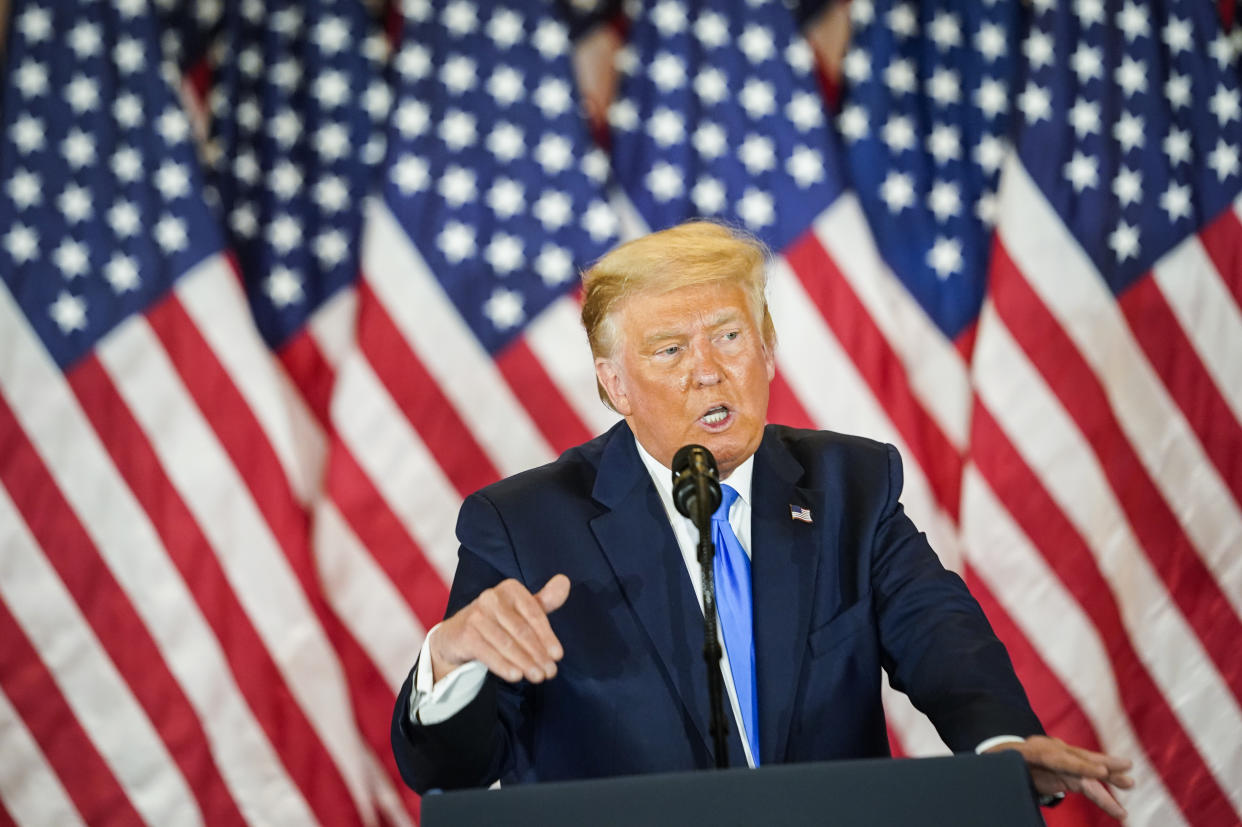Trump bans Americans from investing in 'Chinese military-linked' firms

US president Donald Trump has signed an executive order banning Americans from investing in Chinese firms the administration says are owned by or controlled by China’s military.
The order covers 31 Chinese firms that Washington says "enable the development and modernisation" of China's military and "directly threaten" US security.
This latest move ramps up the ongoing trade war between Trump and Beijing.
The world’s biggest economies are already at odds over China’s handling of COVID-19 and its move to impose security legislation on Hong Kong.
“China is increasingly exploiting United States capital to resource and to enable the development and modernisation of its military, intelligence, and other security apparatuses,” a White House release said.
From 11 January 2021 US investors will be prohibited from owning or trading any securities of the banned companies. This includes pension funds or owning any shares in blacklisted Chinese companies.
Transactions made in order to divest ownership in the firms will be permitted until 11 November 2021.
It is the first major policy initiative signed by Trump since he lost the 3 November election to Democratic president-elect Joe Biden. It is unclear whether Biden, who is set to take office nine days after the order goes into effect will enforce or revoke it.
READ MORE: China passes export control law protecting national security and technology
China’s Huawei and Hikvision (002415.SZ) — one of the world's largest manufacturers and suppliers of video surveillance equipment — are among the blacklisted companies.
While the order doesn’t specify specific penalties for violations, it gives the US Treasury Department the ability to invoke “all powers” granted by the International Emergency Economic Powers Act, which permits the use of tough sanctions.
Last month, Republican senator Marco Rubio filled a bill, aimed to ban access to US capital markets for Chinese firms blacklisted by Washington, including those added to the US Defense Department list.
In August, US Securities and Exchange Commission and treasury officials urged Trump to delist Chinese firms that trade on US exchanges and fail to meet its auditing requirements by January 2022.
While the two nations signed a preliminary trade deal in January 2020, some of the thorniest issues remain unsolved.
Previously, US imposed tough restrictions on China’s Huawei on national security grounds and encouraging other nations to follow suit, the company lost many relationships with global companies and countries.
The UK government banned Huawei from having a role in the country’s 5G network, in July.
As a result, British telecoms companies were instructed to remove Huawei equipment from the 5G network by 2027 and stop buying new 5G equipment from the company by the end of the year.
In retaliation, China put foreign firms and individuals violating normal market transactions in the country — interrupting deals with Chinese firms — or taking discriminatory measures against Chinese companies on a blacklist.
Firms that end up on the blacklist could be banned from investing in or importing or exporting in China. Other actions, include entry restrictions on workers entering the country, revoking work or residence permits and imposing fines.
Social media and chatting apps have also fallen victim to the ongoing tiff, with TikTok and WeChat both narrowly avoiding being banned from downloads in US app stores.
Watch: China Congratulates Biden, Harris on US Election Win


